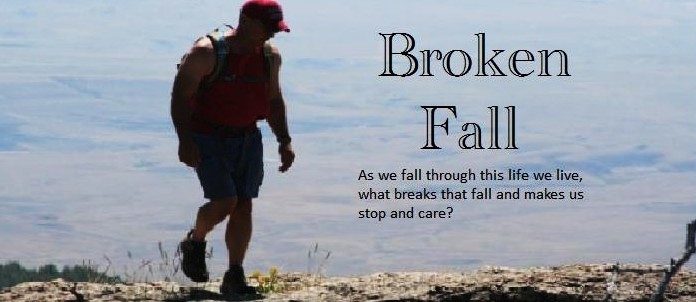Community -- Definitions from Free Online Dictionary
1. a. A group of people living in the same locality and under the same government.
b. The district or locality in which such a group lives.
2. a. A group of people having common interests:
the scientific community; the international business community.
b. A group viewed as forming a distinct segment of society:
the gay community; the community of color.
3. a. Similarity or identity: a community of interests.
b. Sharing, participation, and fellowship.
I was re-watching the Michael Wesch video
"An Anthropological Introduction to YouTube." In it, Wesch says that YouTube is really "a story about new forms of expression and new forms of community and new forms of identity." This got me thinking about how 'community' is changing -- not just within YouTube, but in the world today.
I found this definition of community on
Free Online Dictionary. Feel free to look it up yourself, if you want to. The first definition (and usually the most common one) is:
1. a. A group of people living in the same locality and under the same government.
b. The district or locality in which such a group lives.To be honest, this only applies to a very small group of people who are directly involved in my life. Sure, there are quite a few people who live in my town and even in my county, but there are so many more people who affect my life on a daily basis who live outside of that area.
The second definition is:
2. a. A group of people having common interests: the scientific community; the international
business community.
b. A group viewed as forming a distinct segment of society: the gay community; the
community of color.Again, some of the people in my world would fit into this category. All the students and faculty and alumni at Luther are part of the Luther Community. And I do hang out with a bunch of Lutherans so that would be an over-arching community in my life. But it doesn't truly describe most of the people who love and care about my life.
Finally, the third definition is:
3. a. Similarity or identity: a community of interests.
b. Sharing, participation, and fellowship.
Again, 3a doesn't truly define my most significant community. So we turn to the very last definition which I think should be the new first definition. This is the new way we view community.
I am an online seminarian with classmates all over the United States. We have diffierent interests and different family and work situations, and we definitely do not live in the same district or locality. But with these classmates, the most important part of our community is our sharing, our participation with each other and our fellowship.
From
Michael Wesch's video about YouTube, I am seeing that my classmates and I are not alone in this thought. There are random groups of people all over the internet who share, participate and have fellowship through this incredible medium.
So what does this mean for our churches when community is not even defined the way it was 10 or 15 years ago? It changes us. It changes what it means when we read the Bible. For example in the gospel lesson for July 11, the lawyer asks Jesus, "Who is my neighbor?" Good question. Who is our neighbor? If our community can be worldwide at the touch of a button, who is our neighbor?
I love what I am learning about technology in
this class, but it is sure making me think about things differently!








